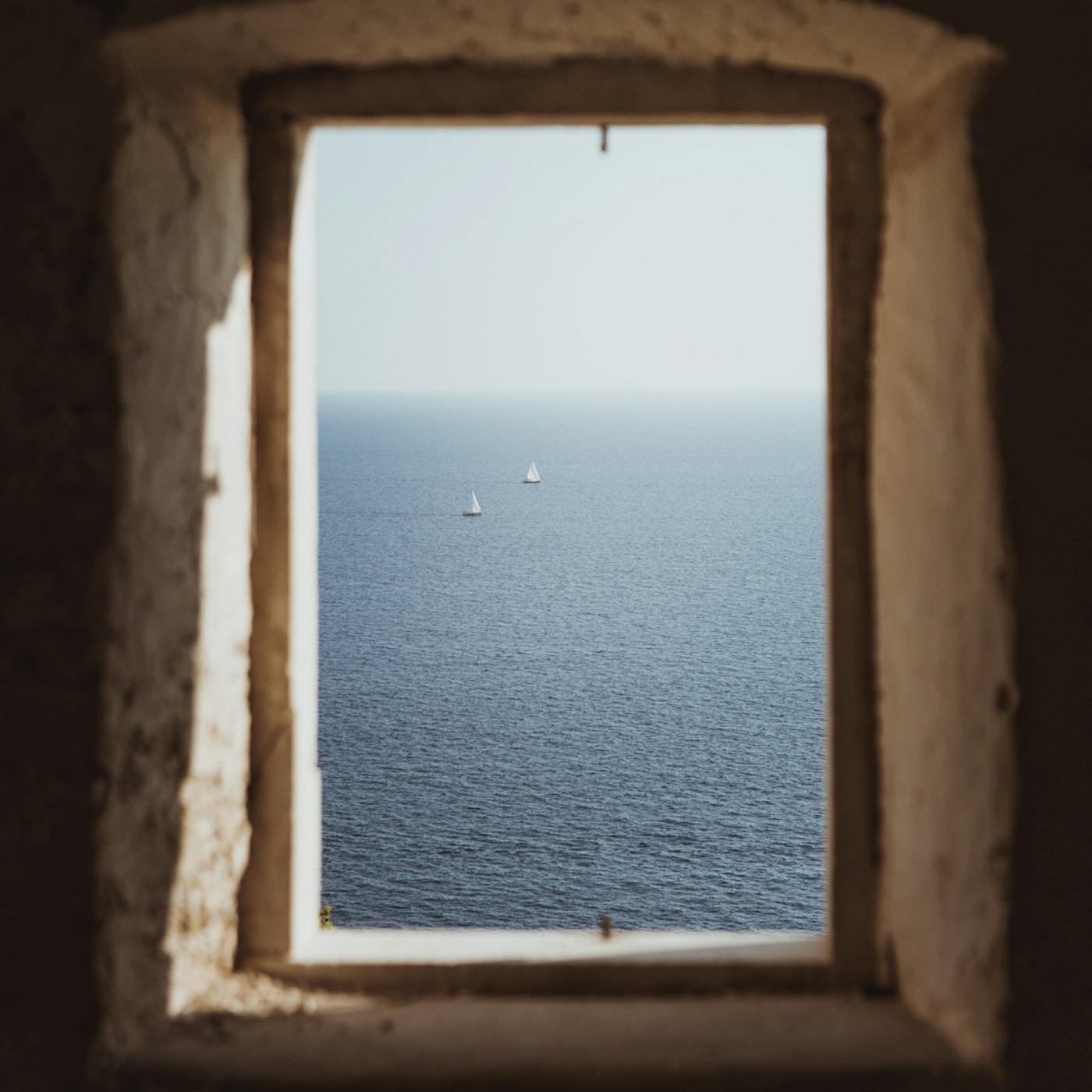The Bay of Abandoned Hotels | Exploring Croatia Derelict Military Resort Kupari
by Come fly with B in Culture & Lifestyle on 8th September, 2018

I have a thing for abandoned places. There’s something to be said about the thrill and wonder of walking through them, picturing what they would have looked like before time, death and decay ruined them. Abandoned buildings tell so many stories through their peeling paint and dusty interiors, but we rarely stop to hear them. On our final day in Dubrovnik, we picked up our hire car and headed East towards the abandoned resort of Kupari. The 16-minute journey offered breathtaking views of the Adriatic Sea before we turned off the motorway, onto a dirt track and navigated our way between derelict buildings and trees the sea front.
The small village of Kupari is situated just 10 km away from Dubrovnik and is home to every urban-explorers dream; The Bay of Abandoned Hotels. This abandoned luxury resort first welcomed tourists in 1919, with the opening of the aptly-named Grand Hotel. Situated on the waterfront and surrounded by stunning landscaped gardens, the Grand Hotel hosted tourists in ultimate exclusivity.
That was until the early 60’s, when five more hotels were built on the grounds surrounding the Grand Hotel, and the place was re-imagined as a holiday resort for Yugoslavian military officials and their families. Kupari became so popular among the military elite, welcoming thousands of guests through its hotel doors each month, that an additional Camp was built along the main road leading to the resort to accommodate a further 4,500 guests at a time. Even the Yugoslavian President Josip Broz Tito opted to holiday at Kupari, where he hosted guests in a private villa on the outskirts of the resort where it could be more exclusive (and secure!) By the 80’s, with the arrival of the Winter Olympics in Sarajevo, it was time to put Kupari on the map. The hotels welcomed foreign tourists for the first time in decades and the resort was buzzing with life, showing signs of a promising future. Alas, it didn’t pan out that way. In the early 90’s, the Yugoslavian onslaught on Dubrovnik during Croatia’s war of independence emptied the hotels of their final guests. A Croatian police force set up base at the resort to protect it, until the Autumn of ’91, when Yugoslavian naval ships targeted the resort from the sea.
Over the months and years that followed, the hotels of Kupari were subjected to shelling, missiles and artillery fire the scars of which remain very visible up until today. The very same Yugoslavian military officials who had once basked in Kupari’s beauty had all but destroyed it. As a final parting “gift”, the interiors were ransacked, stripped bare of anything of value. From the marble staircases and copper piping to the furniture and fittings, it was wiped clean. Phosphorous bombs torched the hotel interiors and ensured they wouldn’t be hosting guests for a long, long time.
For the past 25+ years, the hotels haven’t welcomed a single paying guest. Today, locals come here for a dip in the gorgeous turquoise sea without the hassle of swarms of tourists and hotel formalities found further along the road in Dubrovnik. The sea is so inviting in Kupari, perhaps even more so set against a backdrop of empty, abandoned buildings.
Unfortunately, we only had a couple of hours to spare at Kupari meaning we didn’t get a chance to explore all of the hotels. It was also impossible to access upper floors in most of them thanks to the extensive damaged caused to the staircases and roofing in some of the buildings. Despite being the oldest of the lot, it was the Grand Hotel that left me speechless. Even today, with chipped paint, broken windows, faded wallpaper and bullet holes puncturing its walls, the hotel still oozes an air of opulence. Its wide-set arches, faded shuttered windows and symmetrical entrances still paint a picture of luxury and class. The marble staircase is long gone, as is much of the roof, allowing sunlight to pour through the building, illuminating every remaining detail.
Come fly with B
Buthayna is a twenty-something-year-old European-Egyptian living in London with a thing for planes and escaping real life faraway places. Over the past 12 years, she has travelled to more than 20 countries, fallen in love with countless cities and picked up some priceless travel tips along the way. As a Muslim who has to carefully navigate the challenges of #TravellingWhileMuslim, all things from hijabi-friendliness and halal food options are always at the forefront of her trip-planning. Follow her fascinating blog, and instagram @comflywith.b for some great tips!